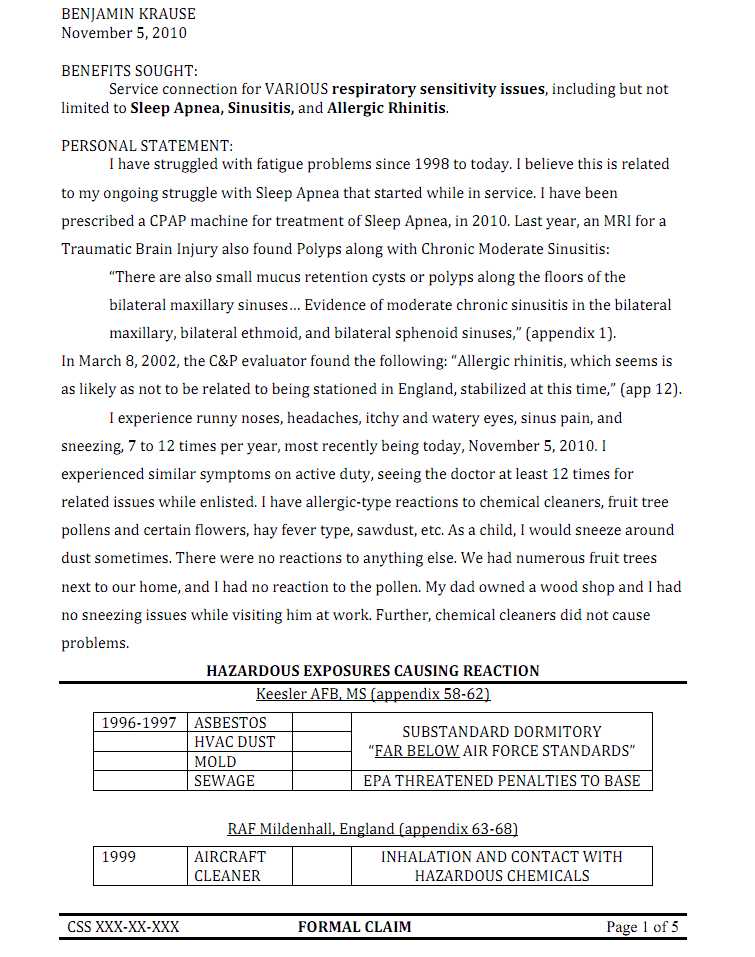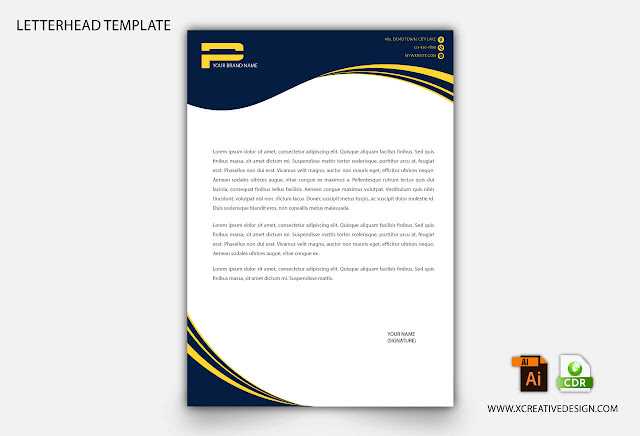Va nexus letter template

Structure and Key Elements
A VA nexus letter should clearly establish a connection between the veteran’s current medical condition and their military service. The letter must include a detailed explanation of the medical professional’s opinion on the veteran’s condition, based on their expertise. It should address the specific diagnosis, symptoms, and how these correlate to the veteran’s service history. A well-written letter is precise and supported by medical records and evidence.
Basic Format of a Nexus Letter
The following components are essential when drafting a nexus letter:
- Introduction: The healthcare provider should introduce themselves, including their qualifications and experience.
- Veteran’s Medical History: Include a summary of the veteran’s medical condition, emphasizing diagnoses that relate to military service.
- Opinion: The letter must state the healthcare provider’s opinion on the connection between the service and the current condition, using clear language and medical reasoning.
- Rationale: Explain why the provider believes the condition is connected to military service. Include specific details from the veteran’s service records and medical history.
- Conclusion: The provider should end by reinforcing their professional opinion, using language such as “at least as likely as not” to show the probability of the connection.
Writing Tips for an Effective Nexus Letter

Clarity is key. Avoid medical jargon that might confuse the VA rating officer or reviewer. Ensure the letter is concise but detailed enough to make a strong case. Always back up claims with references to the veteran’s military service and medical records.
Also, the healthcare professional must be qualified to provide an opinion about the specific condition, as the VA may disregard a nexus letter from someone without the appropriate credentials. The letter should demonstrate a professional understanding of the condition and how military service likely contributed to or worsened the condition.
Common Mistakes to Avoid

Do not make vague statements. Phrases like “I think” or “may be” are not helpful. Be definitive in stating the medical connection. Also, ensure the letter addresses all medical conditions that the veteran is claiming. Overlooking even minor conditions can reduce the credibility of the letter.
In addition, do not focus on personal opinions or unsupported claims. Medical opinions should be based on facts, records, and clinical expertise. Finally, remember that the nexus letter should be tailored to the individual’s case, as a generic letter will not be persuasive.
ChatGPTHere’s the Fix

Ensure clarity in your letter by addressing key points directly. Include clear documentation that links the veteran’s condition to service-related events. Be concise yet detailed in explaining how the condition affects daily life, including specifics of symptoms, limitations, and treatment history.
Structured Format

Use a straightforward structure. Start with the veteran’s personal details and service history, followed by the condition description. Each section should highlight the link between military service and current health status. If possible, provide supporting evidence such as medical records or statements from healthcare professionals.
Personalized Medical Statements
Request a statement from the treating physician that explicitly connects the condition to service-related activities. The physician should outline how the symptoms began during or shortly after service and any treatments or evaluations received. This will strengthen the credibility of the claim.
Tip: Avoid vague language. Be specific about dates, events, and medical terms to create a robust and convincing case.